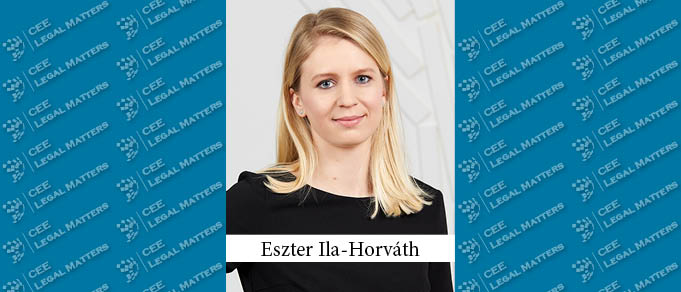Former Bondoc si Asociatii Managing Counsel Daniela Gladunea has been appointed to a Partner position with the Bucharest firm in a recent promotion round.
CMS Appoints 12 New CEE Partners in 54-Strong Global Promotion Round
The most recent promotion round at CMS saw 54 lawyers promoted to the firm's partnership ranks, including Austria-based Daniela Kroemer, David Kohl, Florian Mayer, Kai Ruckelshausen, Lukas Peissl, Marlene Wimmer-Nistelberger, and Sonja Otenhajmer, Bulgaria-based Jenia Dimitrova, Hungary-based Agnes Solyom, Eszter Torok, and Katalin Horvath, and Poland-based Tomasz Sancewicz.
Amendments to the Law on Foreigners and the Law on Employment of Foreigners
To facilitate easier obtaining of residence and work permits, due to the increasing influx of foreigners coming to live and work in the Republic of Serbia, new amendments were made to the Law on Foreigners and the Law on Employment of Foreigners in 2023. As a result of these legal amendments, there was a need to adopt new bylaws that would comply with the latest changes.
Warning About the Existence of Grounds for Termination of Employment Contract – Who Can Issue this Act at the Employer?
According to the provisions of the Labor Law (“Law”), in case of (culpable) breach of work obligations or non-compliance with work discipline by an employee, before terminating the employment contract or imposing another measure prescribed by Law, the employer is obliged to warn the employee in writing about the existence of grounds for termination of the employment contract and to provide them with a deadline (of at least eight days from the date of receipt of the warning) to respond to the allegations included therein.
Cvjeticanin & Partners Advises Modern Business School on Serbian Labor Law Matters
Cvjeticanin & Partners has advised the Modern Business School on the implementation of Serbian labor law provisions relating to collective and individual aspects within a redundancy case.
Entry and Residence of Third Country Nationals - Transitional Provisions
As of 1 March 2024, it possible to submit applications for residence permit at the Immigration Authority in accordance with the new regulation, i.e. the Act XC of 2023 on the General Rules for the Entry and Residence of Third-Country Nationals.
The Tightened Rules of the Occupational Health and Safety Fines
In order to promote the health of employees and prevent workplace accidents, the Hungarian Government had significantly increased the fines for the breach of occupational health and safety rules as of 1 March 2024. The rule on its amount was removed from the applicable act and its details were laid down in a government decree.






















